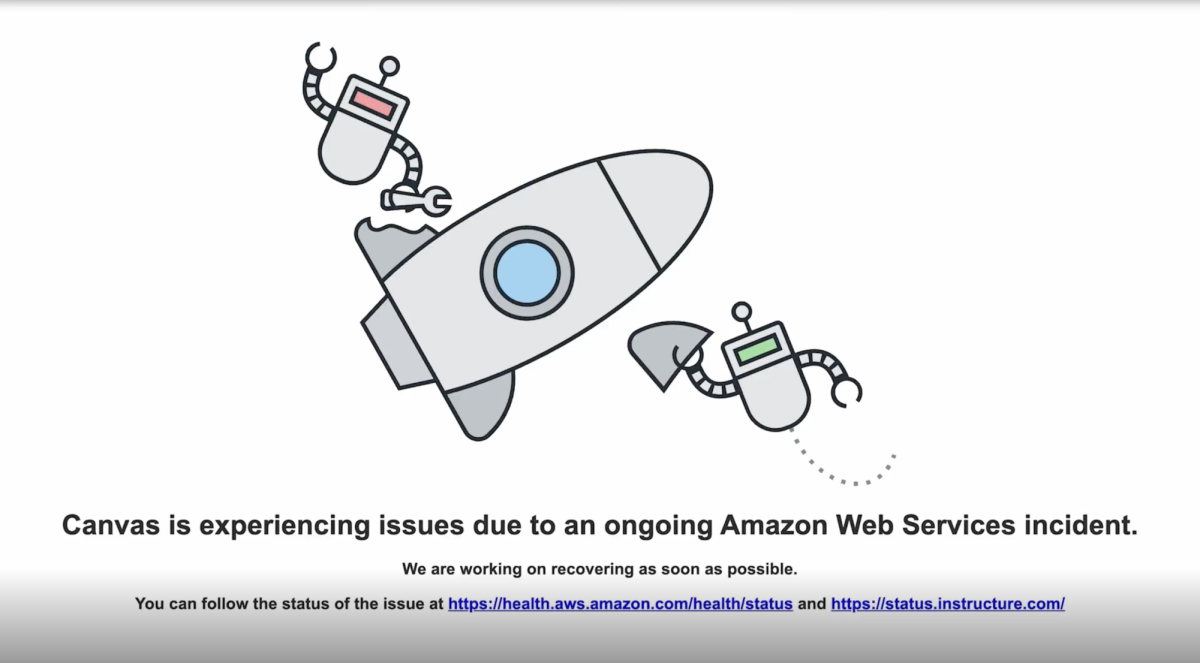Long distance relationships date back generations and to many people’s surprise are becoming more common. These relationships can have a painful stigma associated with them; they are difficult to maintain and often end in heartbreak or a drifting apart from one another. Yet many find the willpower and crazed passion to be involved with someone at long distances. Some University of Southern Mississippi students endure the hardships of long distance relationships while gaining academic ground.
Senior broadcast journalism and philosophy double major Ileana Kristina started dating her boyfriend when she invited him to join her family and friends in a game of laser tag.
“I knew he was from out of town, but he offered to drive to Hattiesburg to hang out with us,” Kristina said. “We started off just hanging out and doing stuff we both liked, and eventually we thought maybe we could make a relationship out of what we had.”
According to The Center for the Study of Long Distance Relationships, nearly 15 million people in the United States said they were in a long distance relationship in 2005. Fast forward to 2016, and about the same number of people consider themselves to be in a long distance relationship. More than three million in marital relationships are long distance.
The Center for the Study of Long Distance Relationships said college is the number one reason people end up in long distance relationships. College relationships dominate 32.5 percent of all long distance relationships. Long distance marriages are also rising due to work-related circumstances or the economy, where the price to commute is too costly.
A major factor that plays prevalence in long distance relationships, however, is the Internet. Virtual relationships form from online dating websites or social media sites that flourished into something unexpected. Advances in the virtual word have made it possible for people to almost replace the real-feel of a relationship, regardless of how far apart the people live.
A hint of hope for those contemplating a long distance relationship is that there is no evidence suggesting these types of relationships are more likely to fail than other kinds of relationships. Some couples end their relationship after 14 months, while others feel the relationship will not work after less than five months.
Failures may be due to long distance relationships involving a downside to trust, where one partner worries about the other cheating. The factor of not knowing the full truth will always be there in a long distance relationship. On the optimistic side, there is no evidence to suggest that long distance couples are more likely to cheat than other types of couples.
Although some will fail and others will lead to a serious stage, long distance relationships compare in no way to other types of relationships. Long distance couples still have to make an effort if they want the relationship to grow and last.
“One drawback is not being able to have regular breakfast, lunch and dinner dates, but that’s kind of superficial,” Kristina said. “It also stinks that if I have a bad day and just want to hug my significant other, I have to drive a few hours or he does.”
On average, those in long distance relationships are at least 125 miles away from each other. An anonymous sophomore accountant major said he remained in his relationship because of his love for his significant other. He said the main struggle with their relationship was the distance.
“Being in a long distant relationship means you’re generally very far from each other, in my case [it was] about 2,000-plus miles away,” he said. “Not being able to see them for three to four months at a time would get somewhat difficult on both ends of the relationship.”
Anonymous said there is a special spark between couples in long distance relationships that those in short distance relationships do not experience.
“Although when we did get to see each other, I would agree it was a very enjoyable moment that couples in shorter distance relationship might not feel,” he said. “Some advantages would be getting to know your girl, and in my case, very well. I get to know her in and out, all her dislikes, fears, goals, dreams and learn about interesting events that have happened throughout her life.
Couples tend to visit each other less than twice a month and call each other at least once every three days. Long distance couples tend to be successful in their relationships when they live separate lives and have optimistic attitudes about the distance they endure.
Kristina said that as a busy college student, she is involved in her own schedule.
“We make it work by just being ourselves,” she said. “We both know the other has [their] own life going on, and we understand that. If we don’t have a chance to communicate all day, we’ll at least send a text saying something like, ‘Hey, I’m busy today. Will call you later.’”
Although long distance relationships have their challenges, there are ways to make them work.
“Definitely communicate,” Kristina said. “Communication is key in any relationship, really. Also, don’t be jealous or untrusting. That’s the worst thing you could be in a long distance relationship. There has to be a reason you’re with someone other than to have a relationship, so trust that your significant other has your same intentions.”
Senior nutrition and dietetics major Anatasia Kasper and her significant other started out as high school sweethearts. Her reasons for staying with her boyfriend goes beyond the amount of time she has invested in the relationship.
“Many things make me stay in my relationship with my significant other,” Kasper said. “He is kind, he supports me emotionally, we enjoy spending time together – whether homework, movies – or family gatherings, he believes in me. I love spending time with him and his family, he makes me laugh, he is handsome, he is intelligent, hardworking, he is motivated and he is close with my family, especially my dad.”
Kasper said the tough part includes not being able to see her significant other as often as they would both like.
“It is tough to not completely include your partner in your everyday life,” she said. “However, it gives you a lot to talk about. It can cause tension, because you are frustrated, you are so far away and you can misplace feelings of missing your partner for anger towards them.”
Regardless of the distance, Kasper sees the value in her relationship.
“If your relationship is meant to be, then you will be able to push through the long distance, because you realize whether or not the person is worth the extra effort and pain it can be to miss someone you love so much,” Kasper said.
Kasper and her significant other find their relationship is worth it and try to stay in touch as often as possible.
“We text as much as we can, we talk on the phone and we also think about each other naturally,” she said.
Kasper said being a college student in a long distance relationship is balanced with being distracting as well as productive. She and her significant other have future plans to get married once they are both stable enough to support themselves and live in the same area.
“My advice is it is well worth the struggle,” she said. “If you love someone, do not let someone tell you it will not work. It will be hard and some relationships may not last, but it is all in the mindset.”
All in all, despite long distance relationships’ challenges when missing each other or needing a physical presence, there can be benefits between the two lovers.
“The saying goes ‘absence makes the heart grow fonder,’” Kristina said. “I miss him when he’s not around, and when he is around, I know our time is limited. Distance definitely makes me more appreciative of the time we do spend together.”






























